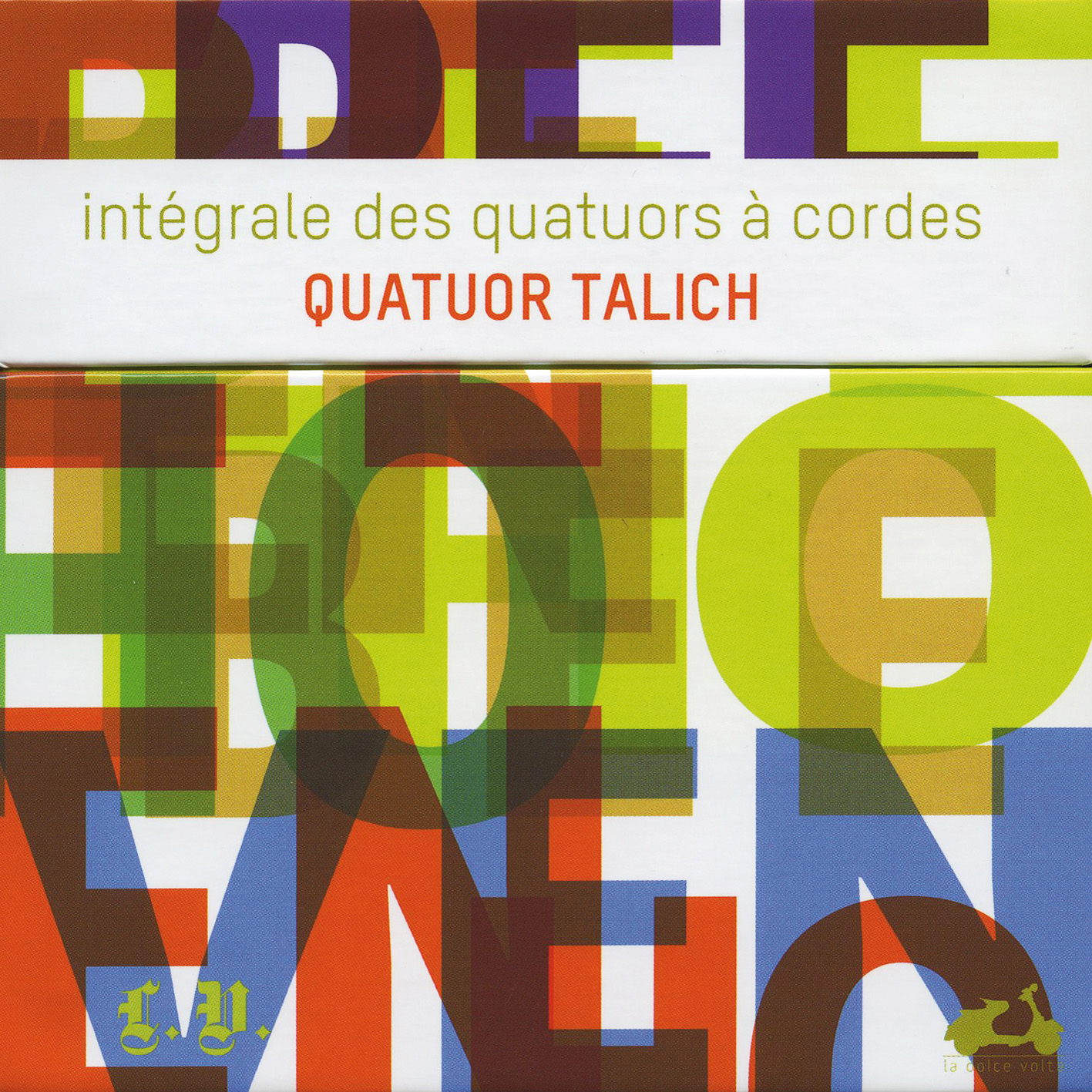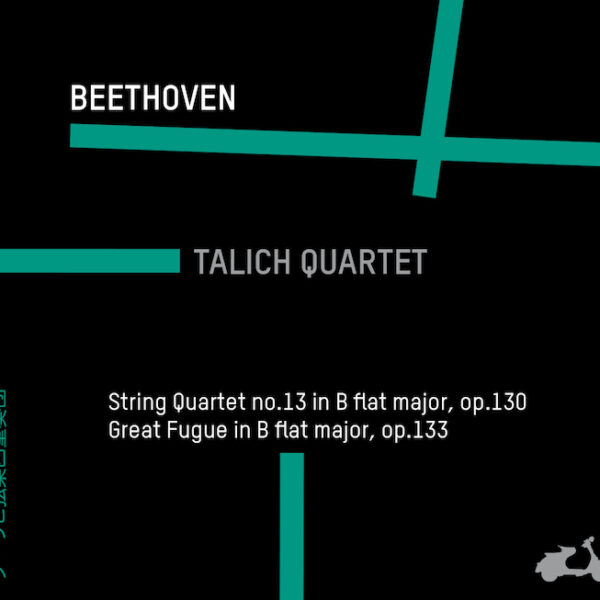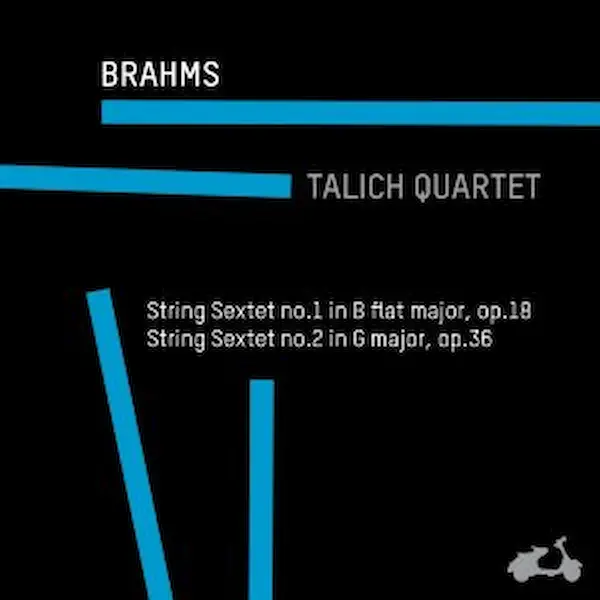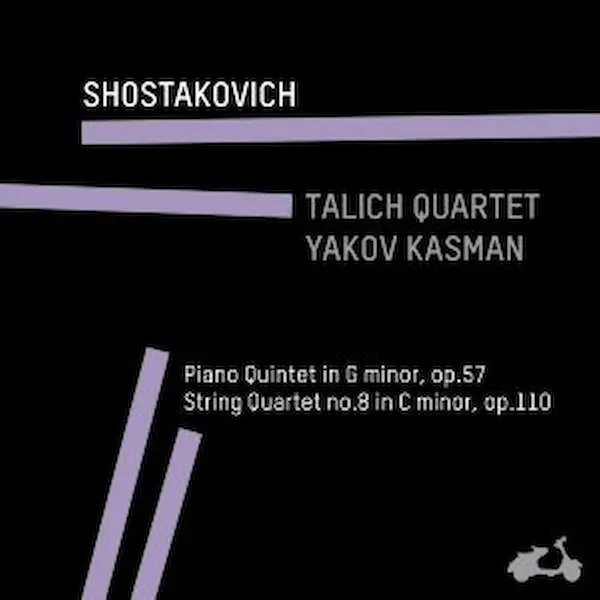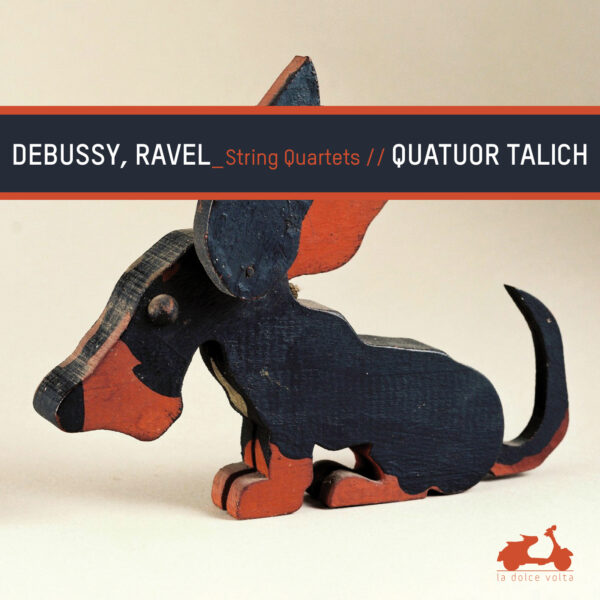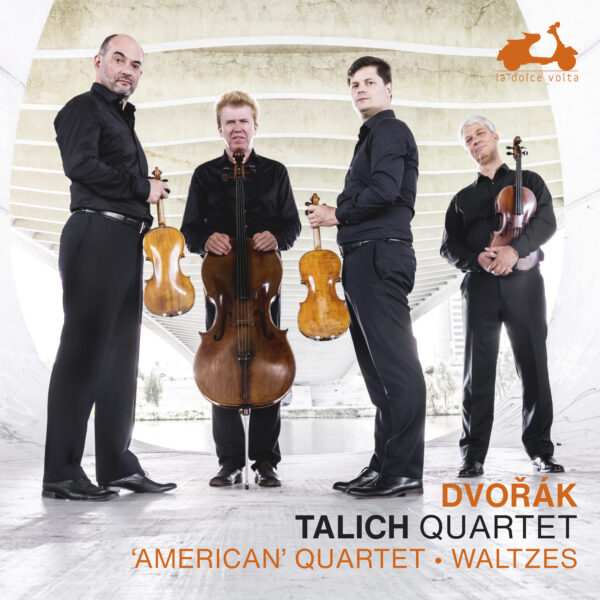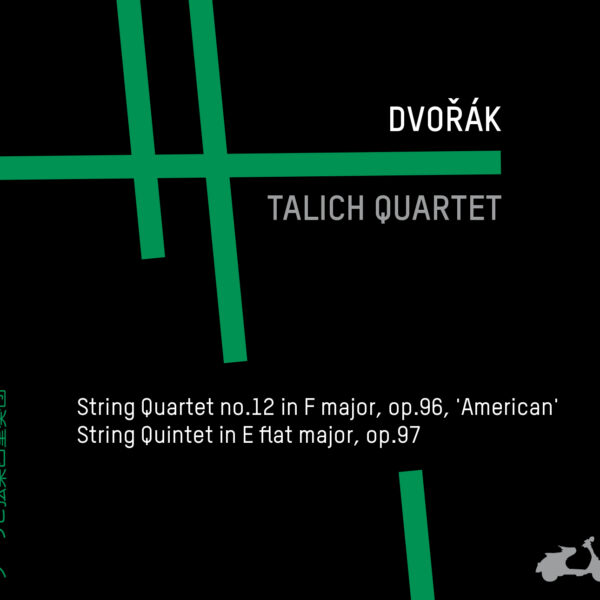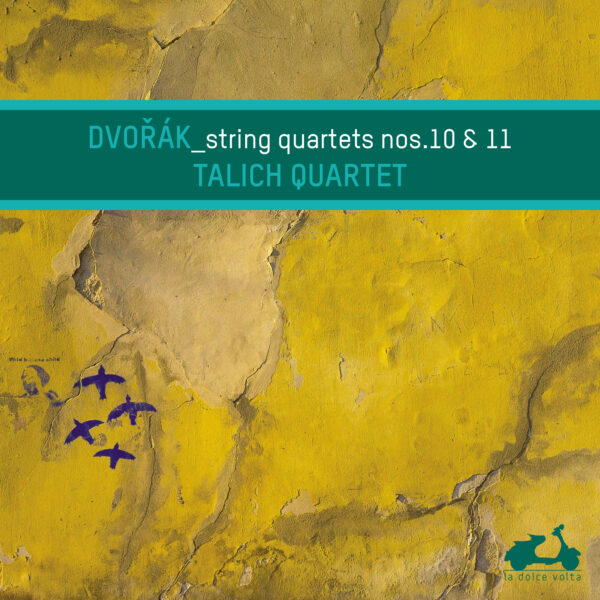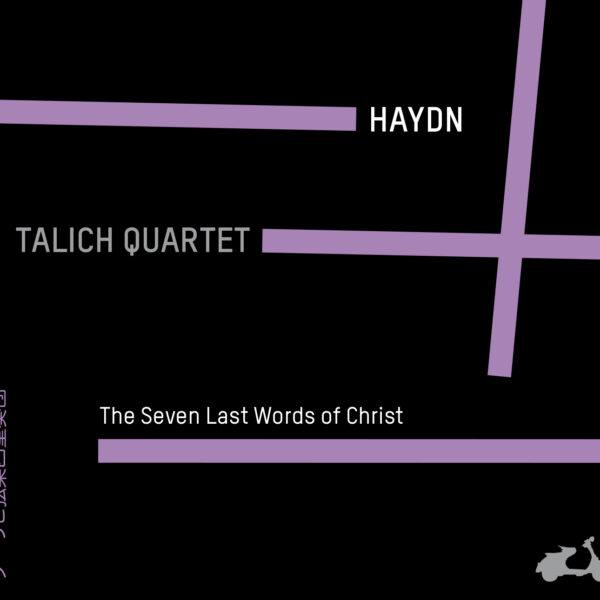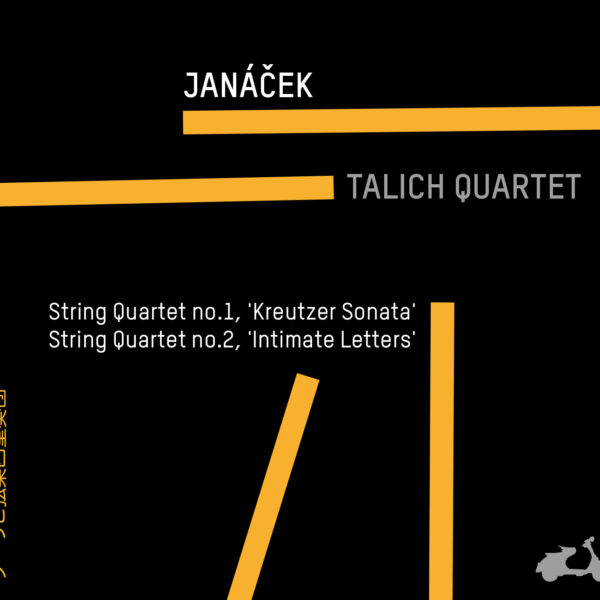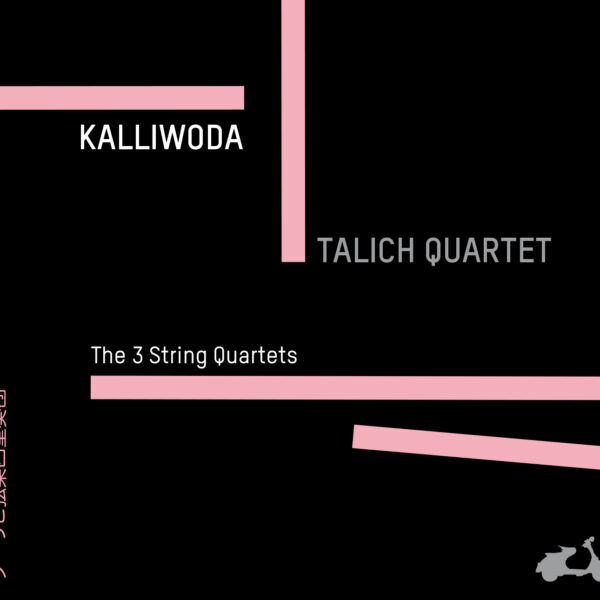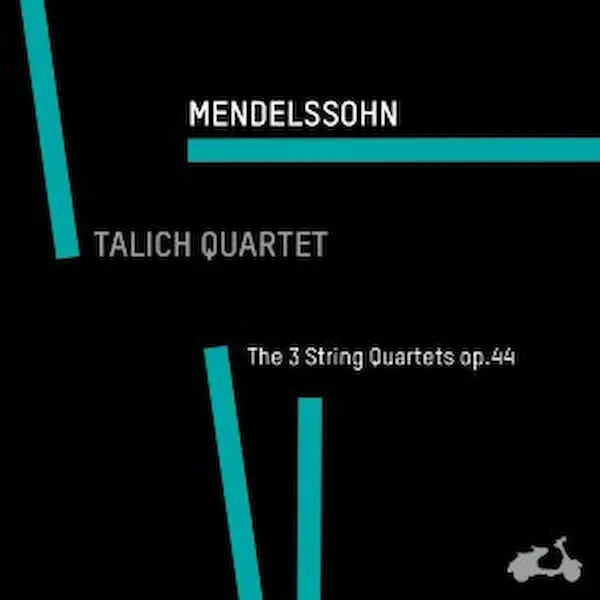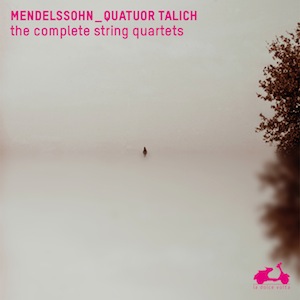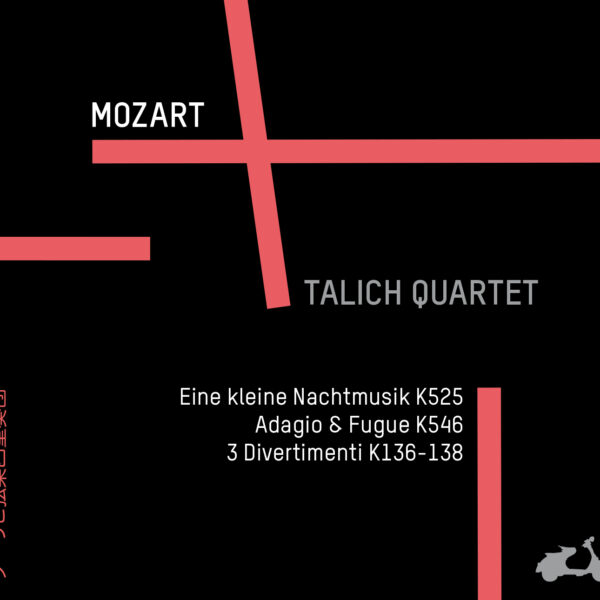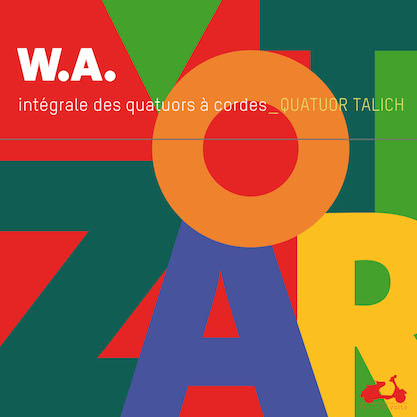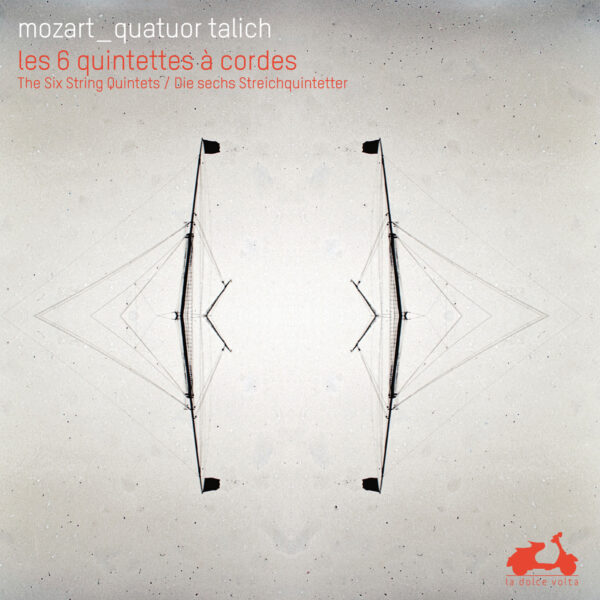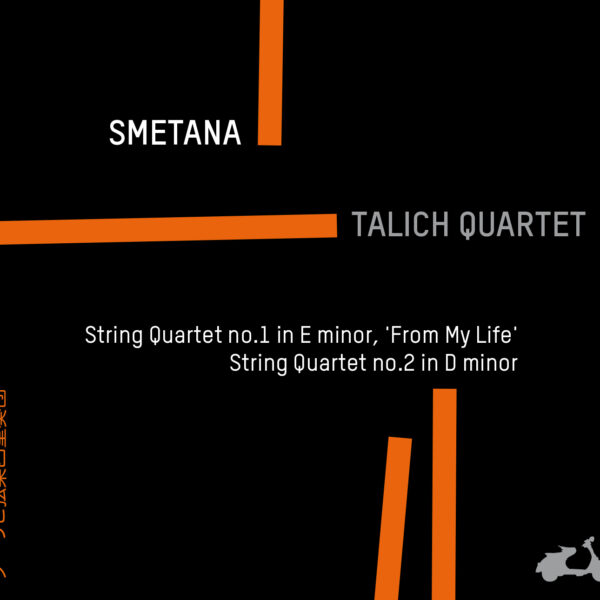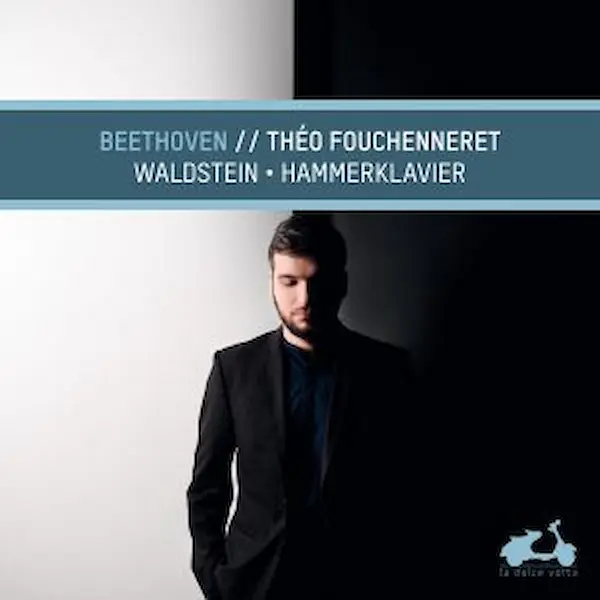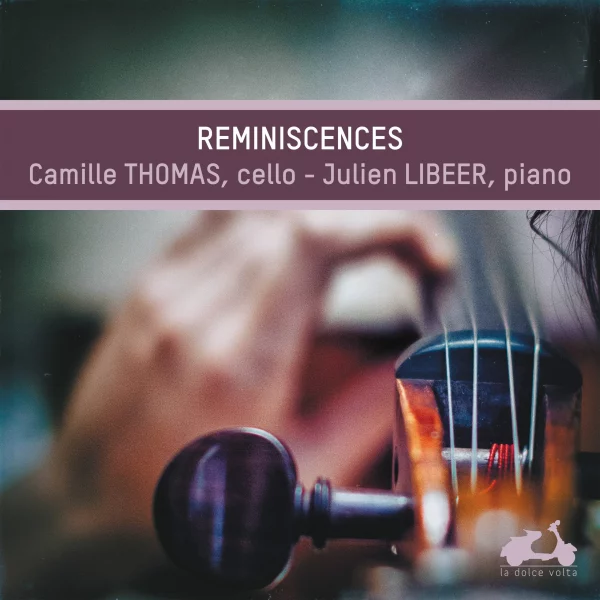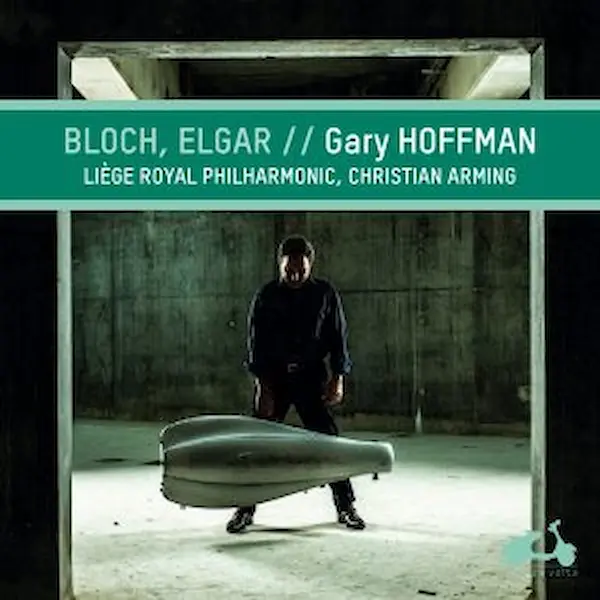Description
With the 16 string quartets and the final Grande Fugue, Beethoven revolutionized this demanding format, to which he devoted himself from the last years of the 18th Century up to his death. Listening to these works one by one is to follow the composer’s evolution step by step as their language becomes ever more powerful and complex.
What do we experience today when we listen to Beethoven quartets?
We of course appreciate them based on such or such a school, or on traditional interpretations like those by the Talich.
Yet the sheer boldness of the cycle”s composition still has listeners enthralled nearly two centuries after it was written. It’s not as much the level of concentration required, making any kind of “easy listening” moot, as it is its timeless, vital energy that is so compelling for listeners today.




